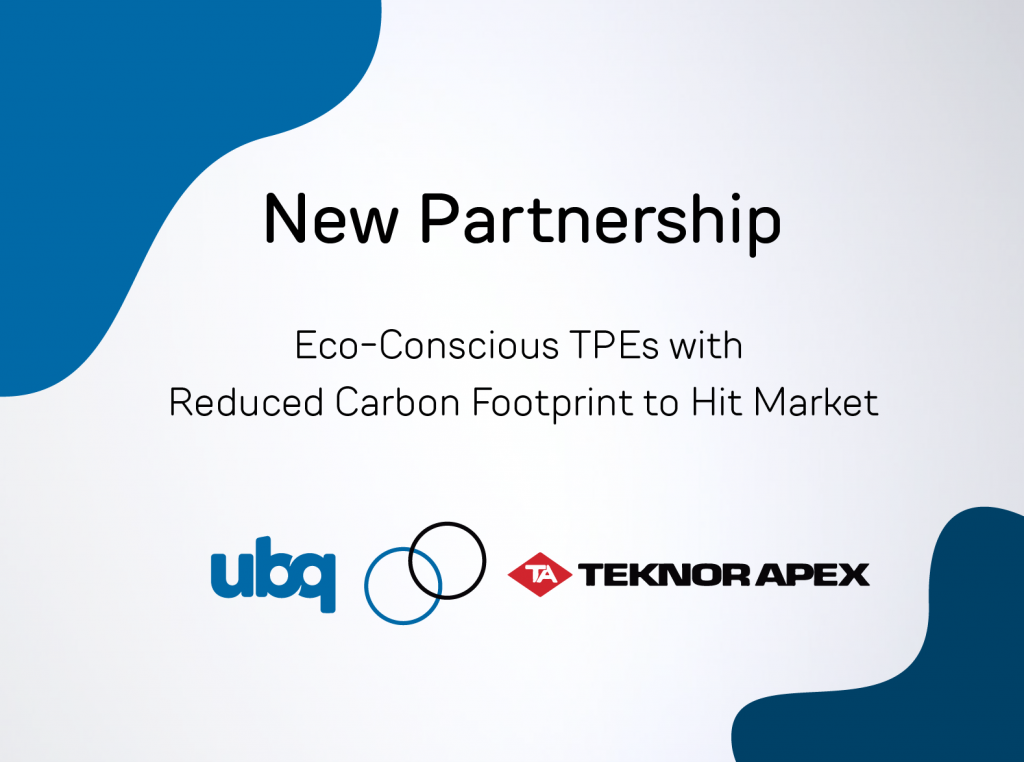Can companies be socially responsible and make a profit at the same time? The short answer is yes, sustainability can deliver significant benefits, including to your organization’s bottom line. Multiple studies have found that ethical business practices can reduce costs and boost profits, so why aren’t more businesses meeting consumer demand for greater sustainability?
Purpose Of Sustainability
Manufacturers have long had a reputation for creating negative impacts on the environment. The production of greenhouse gases (GHG), significant waste generation, and inefficient energy and water use have proven to be driving forces behind climate change and its devastating effects.
In 2015 when the United Nations adopted its 17 sustainability goals (SDGs), it was a “universal call to action to end poverty, protect the planet, and ensure all people enjoy peace and prosperity by 2030.”
Four of these goals are particularly relevant to process manufacturing:
- #6: Clean water and sanitation
- #7: Affordable and clean energy
- #12: Responsible consumption and production
- #13: Climate action
Manufacturers who’ve chosen to use the SDGs as the basis for their sustainability initiatives are finding it’s good for business, too. In other words, they’re making sustainability profitable through optimized processes that:
- Minimize adverse environmental impacts.
- Reduce cost and waste.
- Conserve energy and natural resources.
- Enhance employee, product, and community safety.
What lessons can be drawn from how these companies handle both social and corporate responsibility?
How Sustainability Can Be Profitable
Building sustainable supply chains has been a growing trend for years, and as it turns out, those early adopters may actually be seeing an increase in profits. Instead of a profitability vs. sustainability mindset, they’ve embraced a business model that focuses on sustainable profitability.
Through initiatives like sourcing and using alternative sustainable materials, these enterprises have found they can indeed improve operations and processes to become more efficient while dramatically reducing costs and waste.
In most cases, sustainable financial performance relies on a strategy that doesn’t merely consider costs but also thinks about a business’s place in the economy and world. These key actions fall under five broad categories:
- Thinking. Companies must reflect on how they actually make money. Only then can they make the connection to sustainability opportunities.
- Engaging. Instead of gravitating to regulators and NGOs, sustainability leaders should engage with customers and suppliers who, after all, make their business possible.
- Doing. Sustainability doesn’t need to be a complex endeavor. The greatest opportunities for positive change are found in strategies everyone can understand and get behind.
- Being. While climate change is a real risk, fear is rarely a great motivator. A positive approach that emphasizes innovation is what gets people to listen and act.
- Sharing. Transitioning from a communications style that relies on reporting to a multi-prong approach that uses websites, social media accounts, and ESGs to communicate efforts and successes can equip an organization to make better sustainability decisions.
A quick look at the world’s top sustainable companies in 2021 shows this is a truly global effort, with 46 of the corporations based in Europe, 33 in North America, 18 in Asia, two in South America, and one in Africa. Scoring is based on 21 key performance indicators that include resource management, clean revenue, and supplier performance.
- France’s Schneider Electric SE tops the list, with an overall sustainability score of 83.2 percent.
- Brazil’s Banco do Brasil SA scored 81.7 percent.
- The UK’s Atlantica Sustainable Infrastructure received a 76.5 percent score.
- Owens Corning in the U.S. weighed in at 74.6 percent.
- Taiwan’s Semiconductor Manufacturing Co Ltd scored 72.8 percent.
Something all these organizations have in common is that they’re also delivering better results for their investors.
UBQ Material’s Role in Responsible Production
Goal number 12 in the SDGs calls for sustainable consumption and production patterns, two global economy driving forces tied to the use of the natural environment and resources which continue to impact the planet negatively.
It’s imperative for countries, industries, and businesses to devise sustainability plans that reverse current trends and change the world’s consumption and production patterns. At its core, sustainable production is about doing more and better with less while disassociating economic growth from environmental degradation.
When manufacturers choose non-traditional plastic alternative materials like UBQ™, they can bring about positive environmental, social, and economic changes that make for true sustainability progress. UBQ has teamed with enterprises in the food, automotive, and home goods sectors to support their impressive sustainability efforts. We’re proud to play a critical role in helping these and other industries meet their sustainability goals while maintaining profitability.


